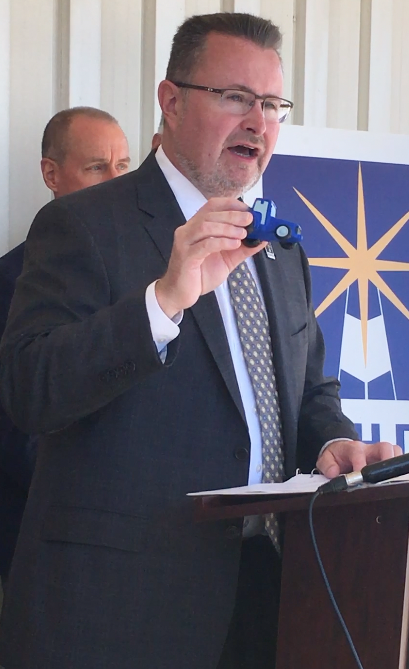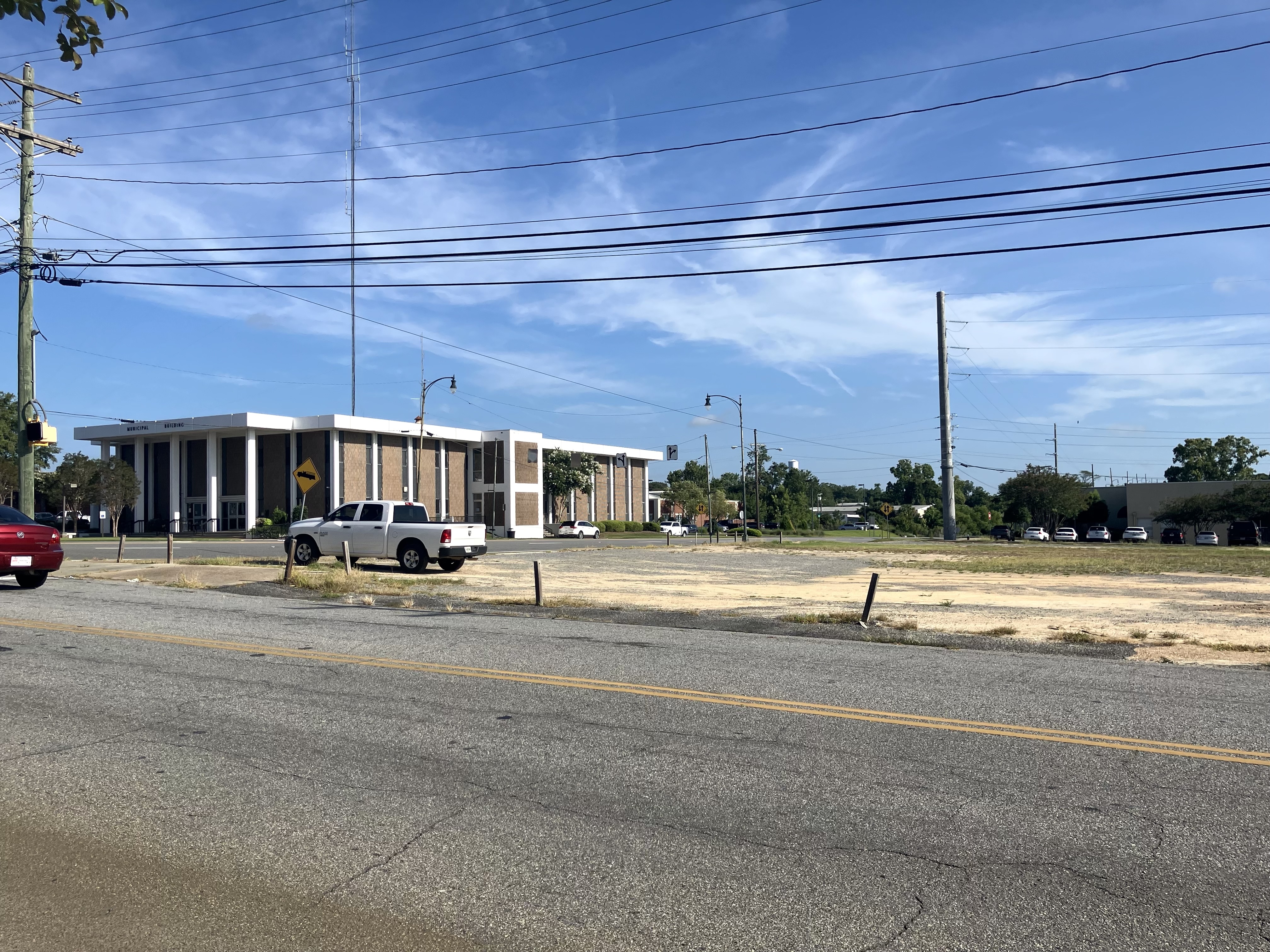‘Hope has a number’: Tanner is working to promote 988 crisis line
Published 8:15 am Wednesday, October 25, 2023

- {p class=”p1”}Commissioner Kevin Tanner of the Georgia Department of Behavioral Health and Developmental Disabilities speaks at the 2023 Sunbelt Ag Expo in Moultrie at a press conference about farmers’ mental health. At the press conference, foam tractors with the Georgia 988 Suicide and Crisis Lifeline printed on them were given out to audience members.{/p}
MOULTRIE – Commissioner Kevin Tanner of the Georgia Department of Behavioral Health and Developmental Disabilities (DBHDD) and other state leaders launched an initiative to address farmers’ mental health at the Sunbelt Ag Expo this year but what does that mean to Colquitt County residents?
“We wanted to come together with our partners to make a statement that it’s okay not to be okay. … The greatest resource in place is farmers helping farmers,” Tanner said, speaking after the press conference.
Trending
When asked about what the announced initiative and the dedicated $2 million would mean for Colquitt County, Tanner said, “A lot of resources are already in place.”
According to a press release from the DBHDD, close to $2 million has been dedicated to address the “growing mental health crisis” in rural Georgia with $317,000 going to educate faith leaders, who many times serve as the first resource of farmers, and $450,000 to be used for a statewide marketing campaign for the 988 Suicide and Crisis Lifeline.
One of the resources that Tanner outlined during the press conference was the 988 Suicide and Crisis Lifeline, which was implemented on July 16 of last year. On the DBHDD’s website it is explained as the 911 of behavioral health and one of the largest federally mandated crisis response “transformations” in decades.
“There’s hope in Georgia and hope has a number. It’s 988. No matter what you’re dealing with, no matter what you’re thinking about. If you’re considering suicide, if someone you know needs emotional support, reach out to 988,” Tanner told the audience at the press conference.
Speaking after the press conference, Tanner also said that he wanted to create a system to get the word out to the farming community because they may not know that there are resources available.
“Educating people about it is the key,” he said.
Trending
When an individual calls the crisis line, they have immediate access to a mental health worker and a mobile crisis team can be sent out to that individual’s location, if necessary, he said.
Also according to the DBHDD’s website, Georgia ranks 31st in suicide deaths in the United States and from 2019 to 2020, there was an 8.3% rise in rural suicides.
A recent study by the Georgia Rural Health Innovation Center at Mercer University, in collaboration with the Georgia Foundation for Agriculture, reported that 29% of farmers thought about suicide at least once per month and 42% have thought about suicide at least once in the past 12 months.
Tanner, who worked in law enforcement for many years, said that often times people don’t know about the 988 line so they call 911 when they are in mental crisis. He hopes that the 988 crisis line will reduce the 911 calls and get the individuals to a more direct route to mental health care instead of having an officer respond to a 911 call.
He also said that just 31% of Georgians surveyed were aware of the 988 line and only 16% of them knew what its purpose was.
“It’s gonna take some time,” he said about getting the information out there.
Anyone in mental distress or who has a family member in mental distress, can dial 988 or go to the website at 988ga.org.
“988 is available 24 hours a day, seven days a week. 988 is staffed with licensed clinicians that understand how to help and support you. Whatever the need is, I encourage you to promote this number and encourage your family, your friends to reach out when they’re in need,” Tanner said.





